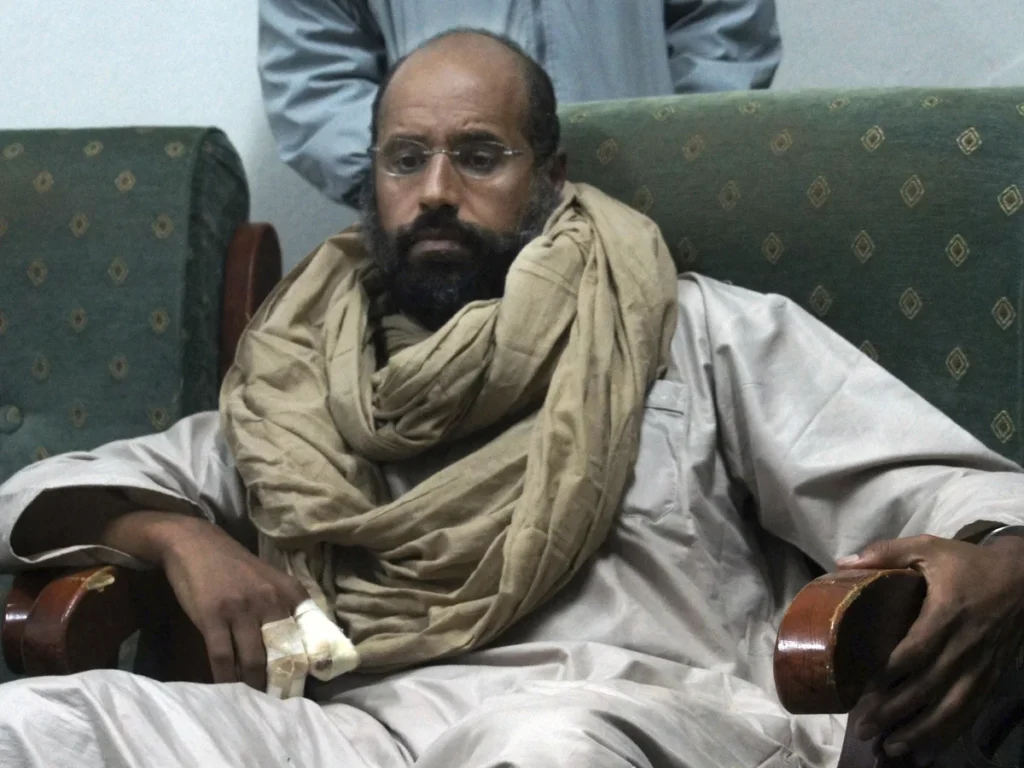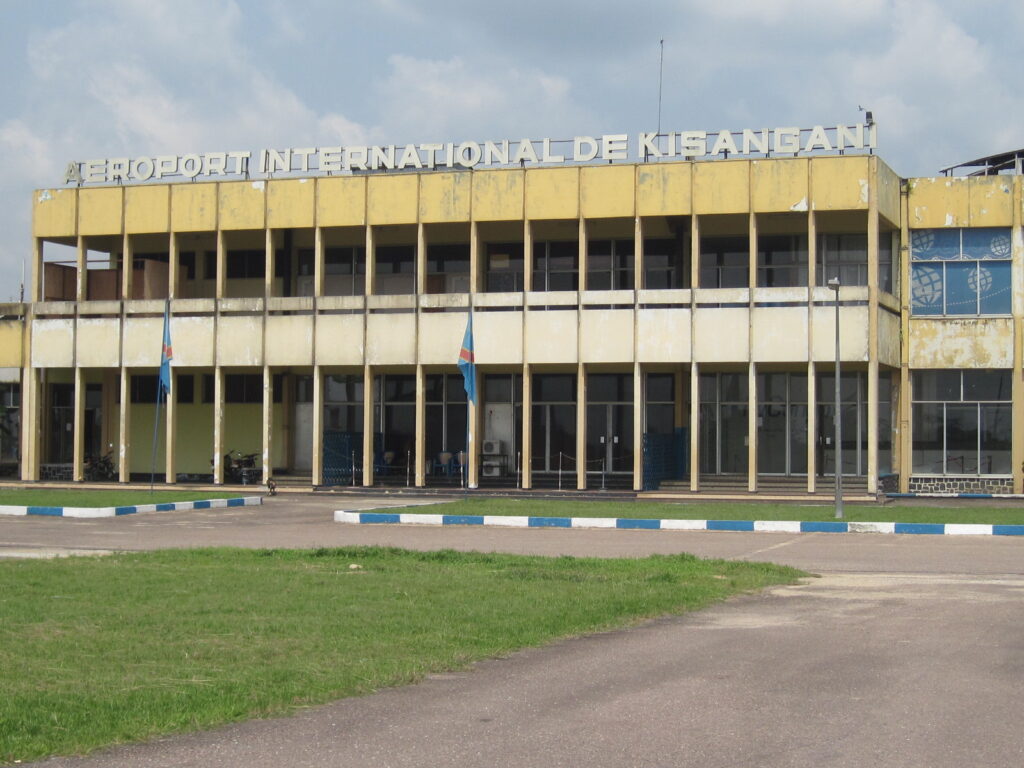
Algerian authorities are criticizing television stations for their programming choices during the holy month of Ramadan, sparking debate about media regulation and advertising practices in the country.
The Communications Minister, Mohamed Lagab, met with station directors last Sunday, accusing them of neglecting ethical and professional standards. He specifically criticized content deemed “out of keeping” with Ramadan’s sacredness, citing soap operas with scenes of alcohol consumption and drug use.
Lagab also took aim at excessive advertising during Ramadan, stating the amount of airtime dedicated to commercials rivaled the length of some shows. This criticism echoed a previous statement by the Authority of Audiovisual Regulations, urging stations to prioritize family-friendly content and limit advertising during the holy month.
These criticisms come amidst financial uncertainty for Algerian television, particularly private stations. The government’s proposed new media advertising regulations have prompted stations to maximize advertising revenue before potential limitations are imposed. This has resulted in a significant increase in commercials, especially during Ramadan’s peak consumer spending period.
While punishments are unlikely due to the government-aligned nature of most stations, experts suggest tensions may remain. Algeria’s media landscape is dominated by a mix of public and private channels, some of which have recently begun giving platforms to opposition voices. However, such criticism often sparks retribution, as evidenced by the shuttering of journalist Ihsane El Kadi’s media company for its critical programming.
Lagab’s criticisms highlight the complex relationship between media freedom, religious observance, and commercial pressures in Algeria. Whether stations will adjust their programming or advertising remains to be seen, but the government’s stance signals a potential shift in how Algerian media operates.



